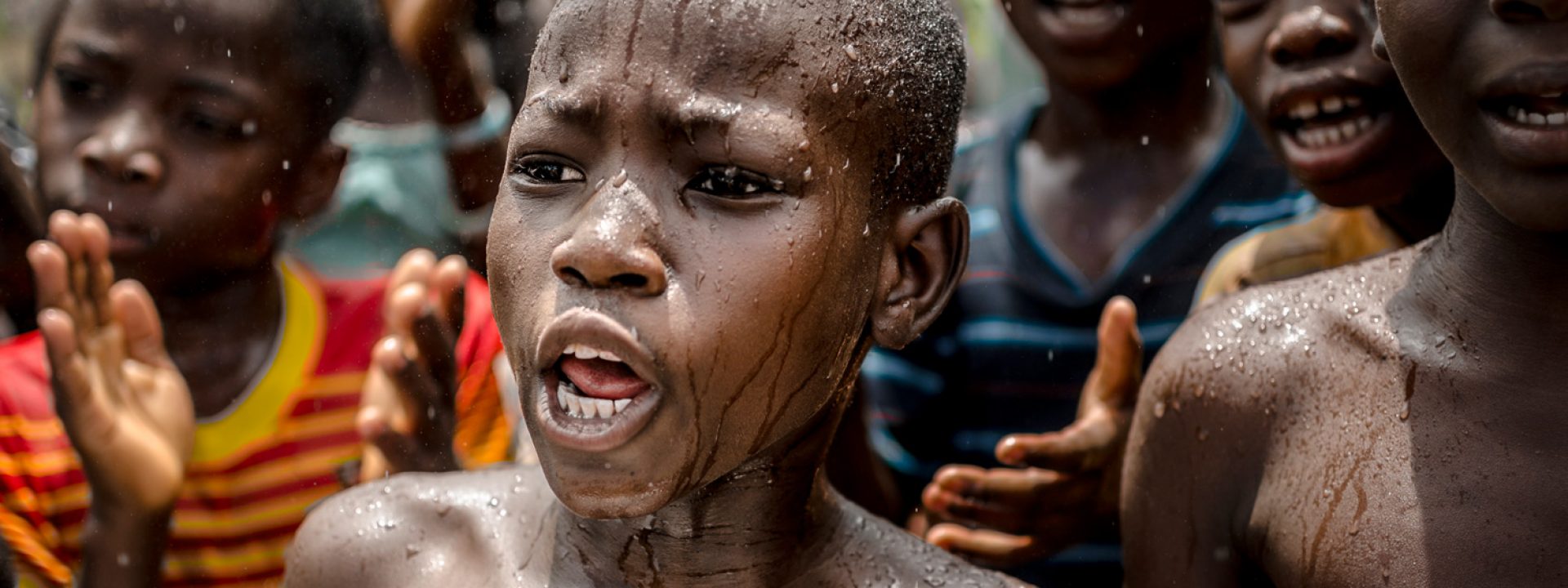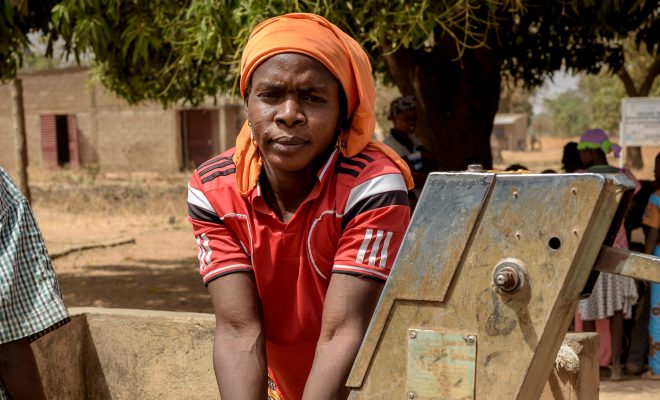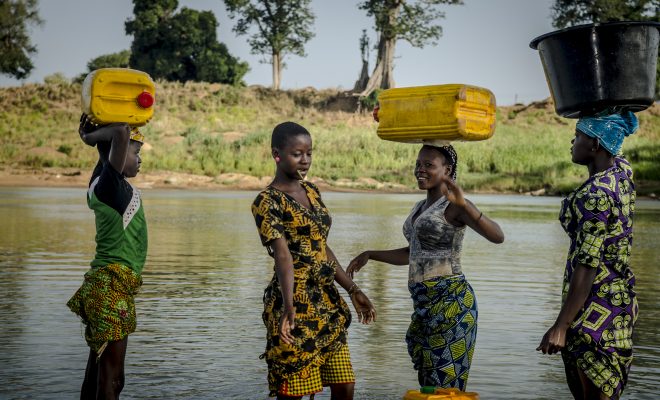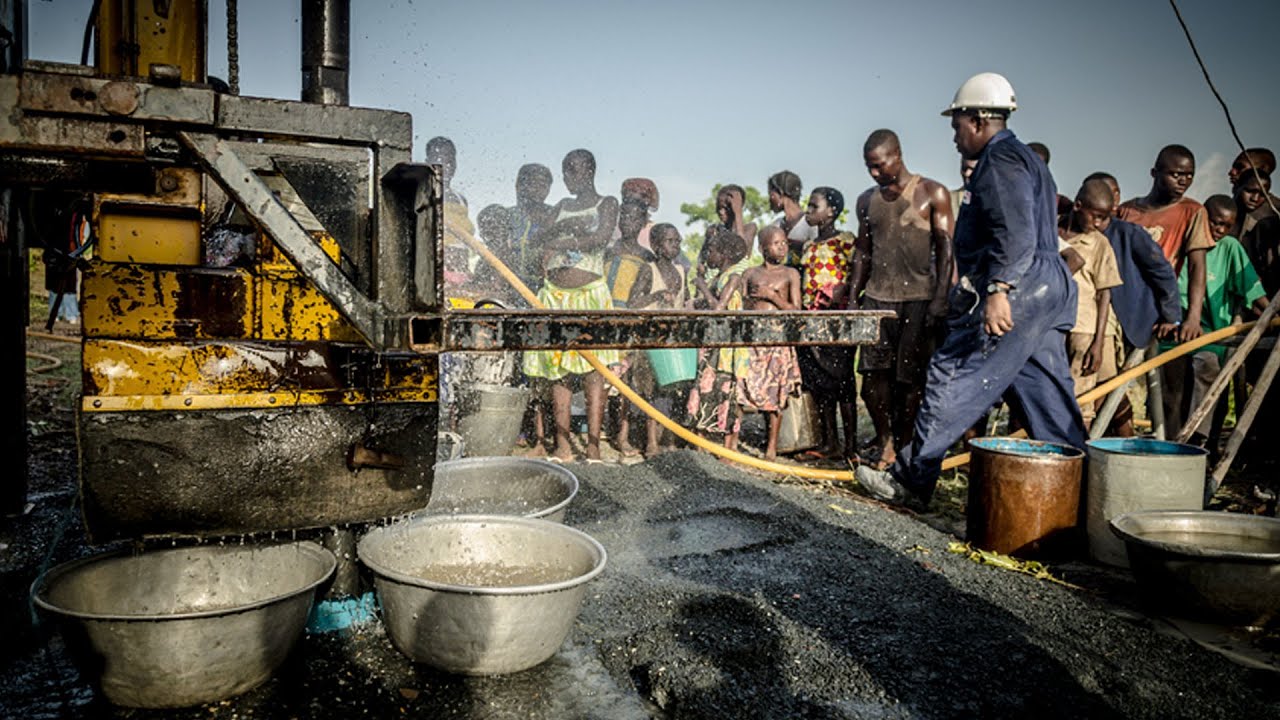
“We don’t have time to solve the water, climate and biodiversity crisis bit by bit and step by step,” declared Sandra Postel,one of the winners of the Stockholm Water Prize, an award presented by the Stockholm International Water Institute (SIWI) during the celebration of the World Water Week (WWW). The words of Postel, geologist and creator of the Global Water Policy Project and one of the most influential scientists in warning about the long-term threats of poor freshwater management in nature, summarize the call for urgent action that has been present in almost all 418 work sessions in Stockholm, attended by over 13,000 water and sanitation experts from 188 countries.
In fact, the slogan of the thirtieth edition of the most international event about water, organized annually by the SIWI since 1991, was very clear: Building resilience faster. The water week was held 15 days after the release of the preview of the AR 6, the long-awaited report by the IPCC which has been published amidst a boreal summer in which social alarm triggered by extreme meteorological phenomena has proliferated all around the world. On the eve of the conference of the parties, the COP 26 in Glasgow, the experts of the World Water Week have set out the alerts the water world will present at the meeting.
The situation is reminiscent of six years earlier, in August 2015, when the Water Week was held months before COP 21 in Paris. Then, Torgny Holmgren, executive director of the SIWI, sent out a message addressed to the representatives and experts of the countries that were to meet: ”Water is the linking element between all aspects of climate change. Climate change is water change.” Time has proven him right and COP 21 brought about a paradigm change in international positioning with regard to global warming and its direct consequences on the world’s water resources. At the time they had also been denounced by the IPCC report, AR 5. The difference is that now the urgency to take action has become an international outcry.
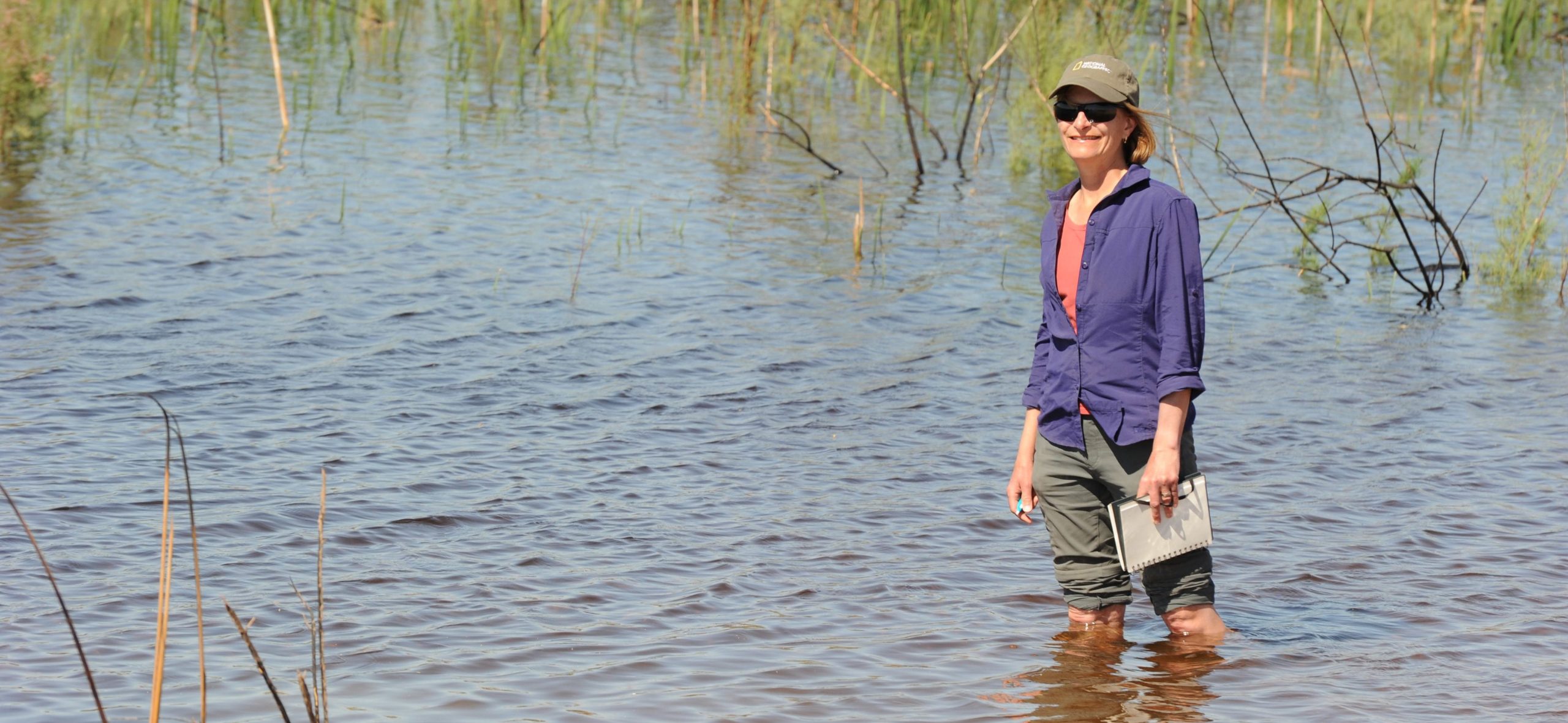
Sandra Postel, one of the winners of the Stockholm Water Prize, is geologist and one of the most influential scientists in warning about the long-term threats of poor freshwater management in nature. © Cheryl Zook-SIWI
2021, year zero?
Yes, there is a rush, much more than in 2015. With an “official” increase of 1.1 ºC in temperature, the planet has been overwhelmed by heat waves, fires, floods and droughts; it becomes evident that we must prepare ourselves for even more extreme and dangerous events in the next few years, even if we are able to keep global warming at 1.5 or 2 ºC, a goal that according to many climatologists is unlikely in the absence of radical actions to reduce carbon emissions.
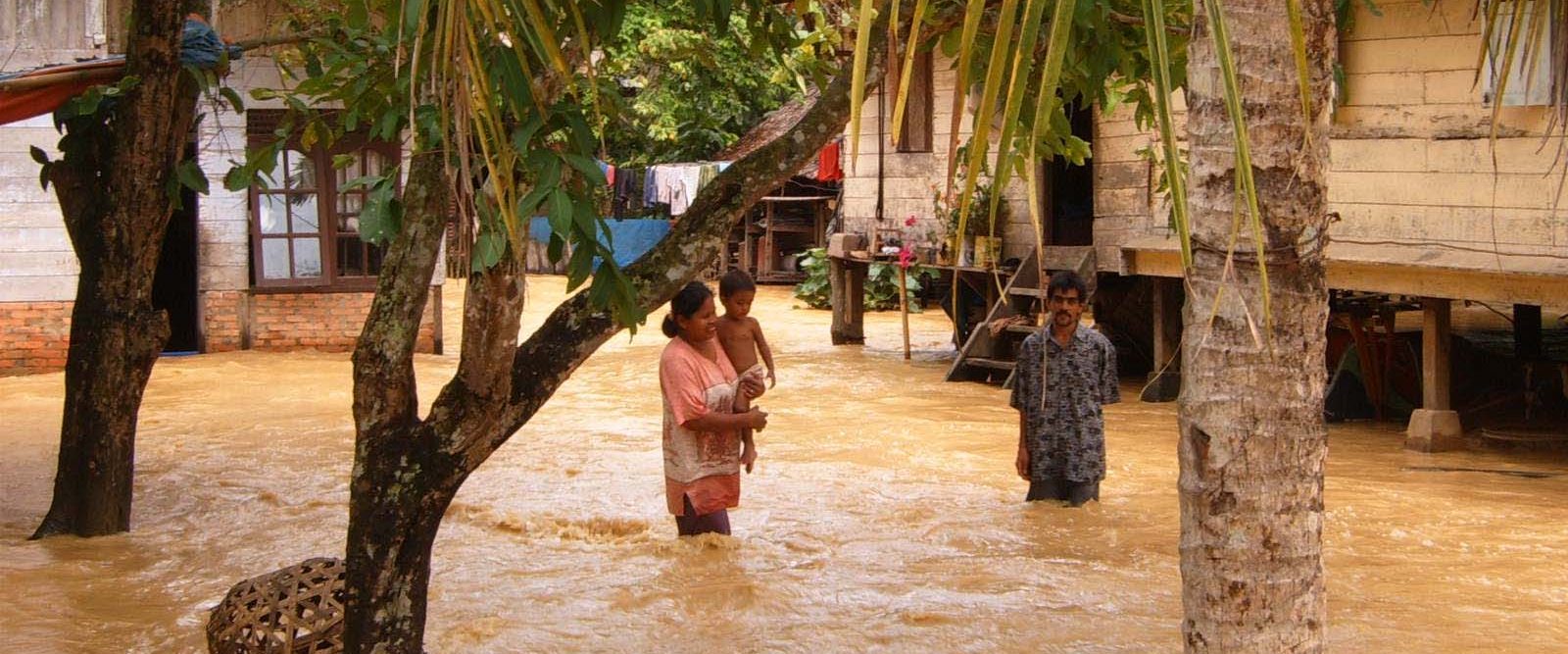
Many experts agreed on calling 2021 the first year in which the whole world is globally experiencing the climate-related health threats and disasters that seemed to affect mainly low income countries back in 2015. © Alastair Morrison, SIWI
Many experts agreed on calling 2021 the first year in which the whole world is globally experiencing the climate-related health threats and disasters that seemed to affect mainly low income countries back in 2015. And this should be the turning point in taking action: a “year zero” that is the starting point in taking tangible and effective international action.
The climate events this year are changing the way risks are approached and has highlighted the need to face adaptation head on in the run-up to the crucial Glasgow conference. Cate Lamb, director of the Water Security program at the CDP (Carbon Disclosure Project), stressed this and outlined what the scientists’ pressure on governments will be: “At the COP26 we want more countries to prioritize adaptation and translate their risks into resilient water investments. We will not succeed in putting the planet on the path to gas reduction if we do not protect wetlands and forests, achieve efficient sanitation and treat waste.”
Collaboration, starting with companies
It is a global goal of enormous dimensions. But the idea of adaptation is not the same now as it was a decade ago and is changing with each passing year. There is no clear roadmap. All around the world, from farmers to water policy makers and water operators, awareness of the worrying increase in the number of emerging threats and their hitherto unheard-of characteristics is growing. For now, the first call is to maximize international collaboration and accelerate progress towards achieving the partnerships envisaged in SDG 17.
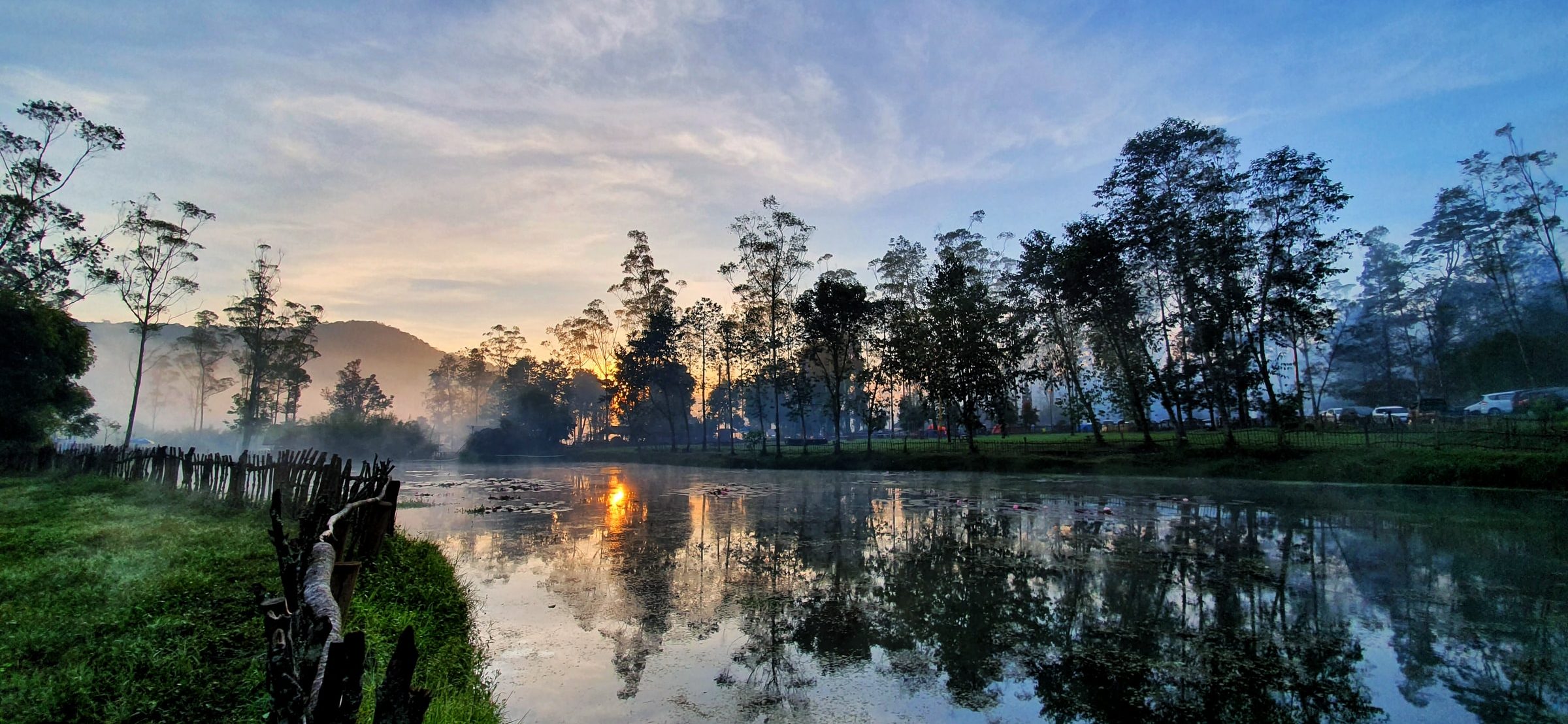
We will not succeed in putting the planet on the path to gas reduction if we do not protect wetlands and forests. © Hanandito Adi-unsplash
It is imperative that every government and productive sector collaborates and learns from its peers in other countries; according to Lamb this collaboration must take place above all between companies and on a large scale: “Unfortunately, we are no longer in a situation in which small intermittent changes will bring us the future we need. We really need to see radical changes in the way companies operate.”
There will be no resilience without justice and equality
In this regard, the week in Stockholm has seen an abundance of talks and sessions with the aim of defining urgent roadmaps. Here, the need to accelerate the race towards another SDG, SDG 16, which calls for the achievement of peace and justice with strong institutions capable of sustaining them, has emerged. All experts agree that inclusion and equality are two essential factors for the success of adaptive measures and may even accelerate them.
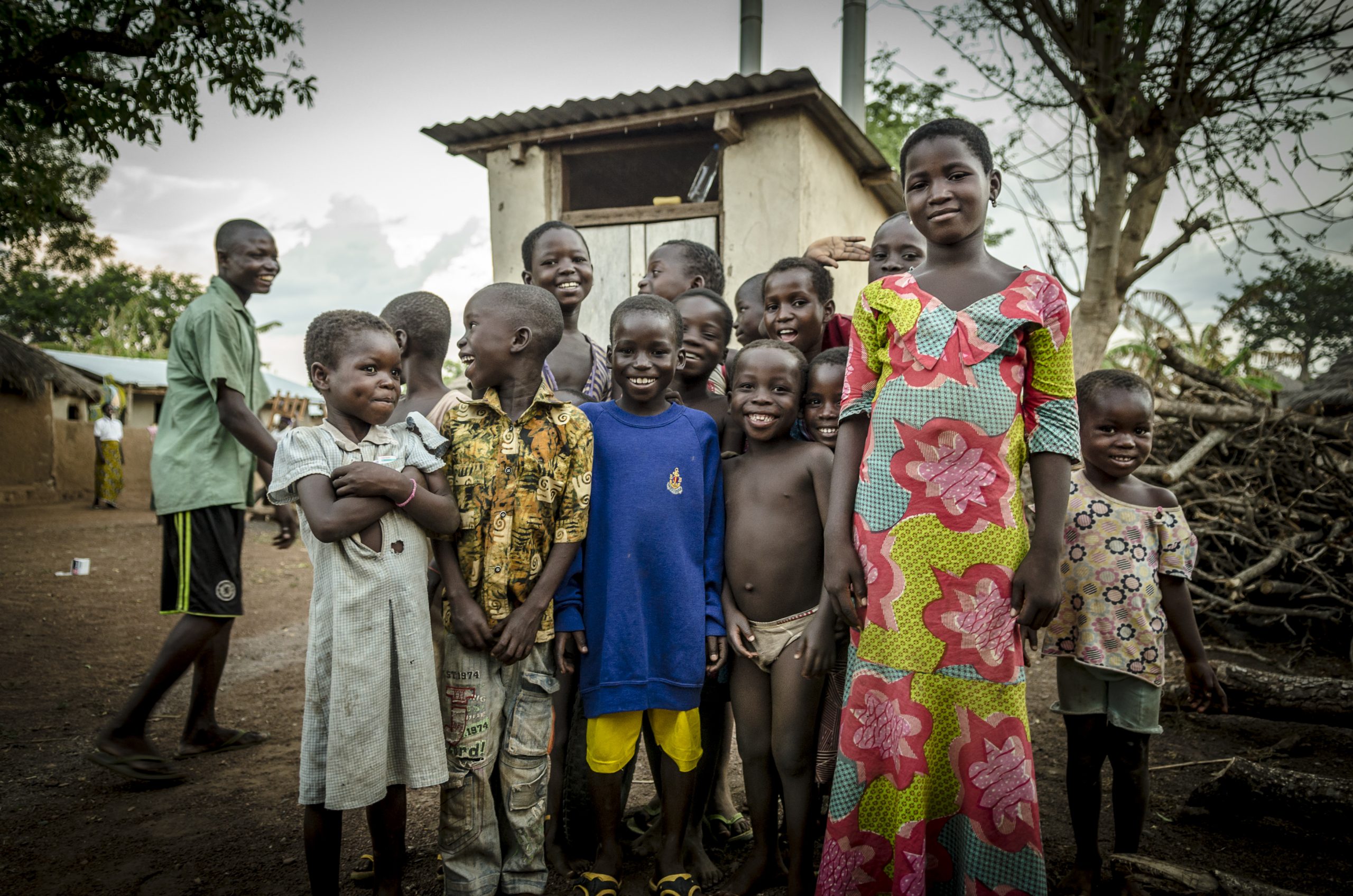
Resilience will be reached by achieving the inclusion, equality and justice mentioned in SDG 16. © Carlos Garriga / We Are Water Foundation
There are three fundamental pillars to this challenge: the recovery and promotion of native ancestral knowledge, which is crucial for the development of solutions based on nature; the role of young people as agents of change and, indeed, inevitable managers of the future of the planet; and the leadership of women in the WASH goals of the most water-deficient areas, freeing them from the difficulties of access to water and providing them with education and justice.
Investing and managing adequately
Dr. John Cherry, one of the most renowned experts in hydrogeology, assured that mankind has the necessary and proven scientific and technological knowledge to face water challenges, and that incentives must be created to develop and implement them worldwide. “In this amazing turning point in the history of mankind, we have all necessary means to solve the great water problems and now it is only a matter of the public learning about them and putting pressure on politicians,” he pointed out.
In several of the sessions that focused on the need to be able to financially manage the solutions, the UN report from 2020was mentioned, which states that the annual cost of climate adaptation in developing countries is increasing rapidly and could reach 500 billion dollars per year by 2050. It is therefore urgent to accelerate early investments that can significantly reduce costs and provide a range of other co-benefits.


